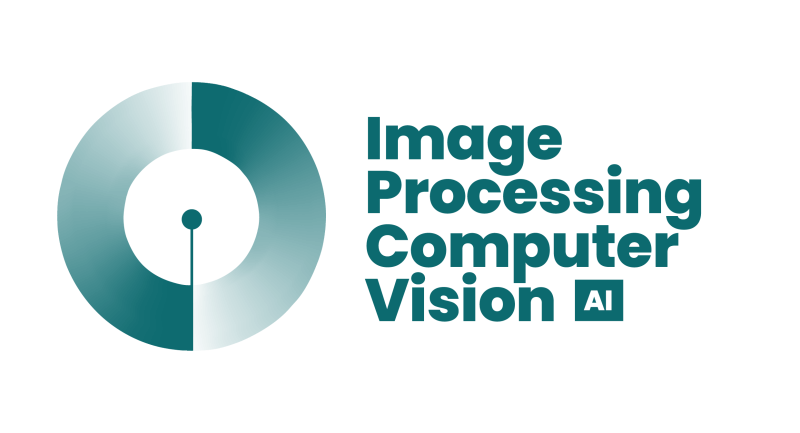The IPCVai Master programme trains interdisciplinary specialists in image processing and computer vision. Our graduates can adapt to the various application domains of our field, which can be as diverse as large-scale multimedia indexing, event detection on wearable cameras, image editing, medical imaging, augmented reality and robotics. They are able to propose innovative solutions in these domains, using AI techniques in a sustainable and controlled manner.
Scientific learning outcomes
– Understanding of mathematical formulations of an image processing problem;
– Analysis of imaging problems, knowledge of the relevant state-of-the-art;
– Detailed understanding of the results of AI methods in computer vision;
– Analysis of the environmental impact of computer vision algorithms;
– Good programming skills in Python, C++, Matlab, and key open-source libraries and programming environments;
– Applications: ability to design, implement and deploy on different targets including low resource computer architectures;
Interdisciplinary competences
– Ability to work in the whole processing chain: acquisition, analysis and visualisation, within different application areas (e.g. medicine, privacy preservation, movie post-production, augmented reality, robotics, embedded systems for digital agriculture);
– Implementing a variety of classical and state-of-the-art image processing and computer vision algorithms;
– Awareness of the difficulties that may arise when facing heterogeneous technical problems;
– Awareness of the challenges of green computing and trustworthy AI;
– Proposing innovative algorithms to solve new problems arising as visual technologies evolve.
Transferable skills
– Project management, including strategic planning, coordination, and technical development;
– Foundations of entrepreneurship;
– Understanding of tech transfer and patenting;
– Writing and Presentation skills;
– Technical decision-making: ability to formulate correct opinions and reviews;
– Scientific ethics, intellectual property;
– Intercultural awareness, gained through projects where students work in pairs, the “local buddy” system, and language courses.
